News
-
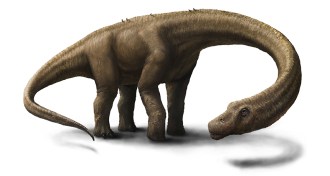 Paleontology
PaleontologyNew analysis cuts massive dino’s weight in half
Gigantic dinosaur Dreadnoughtus may have weighed only about half of what scientists estimated last year.
By Meghan Rosen -
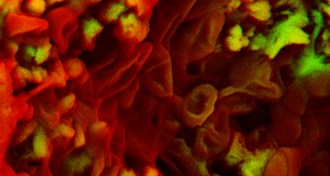 Paleontology
PaleontologyTraces of dino blood, soft tissue found even in junk bones
Hints of blood and collagen found in poorly preserved dinosaur bones suggest that soft tissue from the creatures may be easier to come by.
-
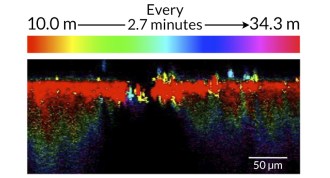 Life
LifeTracing molecules’ movement in nails may help fight fungus
Tracking chemicals through the human nail may provide valuable insight for drug development.
-
 Physics
PhysicsRogue waves don’t always appear unannounced
Scientists may be able to forecast the arrival of anomalously large ocean swells, suggest scientists who analyzed the moments before rogue water waves and freak light flashes.
By Andrew Grant -
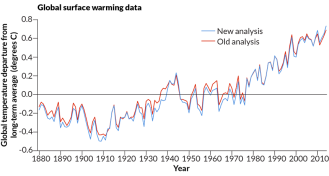 Climate
ClimateGlobal warming ‘hiatus’ just an artifact, study finds
Skewed data may have caused the appearance of the recent global warming hiatus, new research suggests.
-
 Neuroscience
NeuroscienceFemale’s nose blocks scent of a male
When a female mouse is in an infertile stage of her reproductive cycle, her nose cells don’t alert her brain to the presence of a potential mate.
-
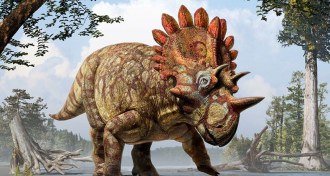 Paleontology
PaleontologyTriceratops relative reveals dino diversity
A newly discovered relative of Triceratops provides new insight into the evolution of horned dinosaurs.
-
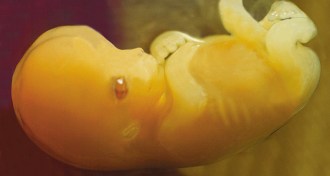 Genetics
GeneticsDNA tags mostly deleted in human germ cells
Human embryos come with some heavy-duty erasers. Chemical tags on DNA get mostly wiped out in the womb.
By Meghan Rosen -
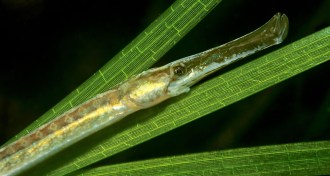 Animals
AnimalsPregnant male pipefish not so great at giving embryos oxygen
During male pregnancy, pipefish embryos can get stunted by low oxygen in dad’s brood pouch.
By Susan Milius -
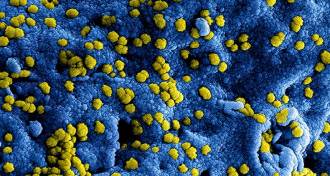 Health & Medicine
Health & MedicineDeadly MERS spreads in small cluster in South Korea
Thirty people have MERS virus in the South Korean outbreak, including China’s first case.
-
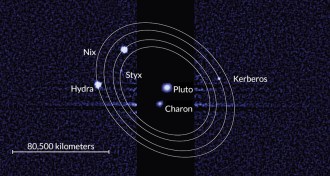 Planetary Science
Planetary SciencePluto’s four littlest moons probably born in a crash
On the eve of the arrival of the New Horizons spacecraft, Pluto’s tiny moons hint at a common origin.
-
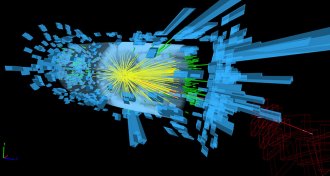 Particle Physics
Particle PhysicsLHC set to see beyond Higgs
Physicists hope a revamped Large Hadron Collider will discover new particles and forces that could help explain dark matter and other mysteries of the universe.
By Andrew Grant